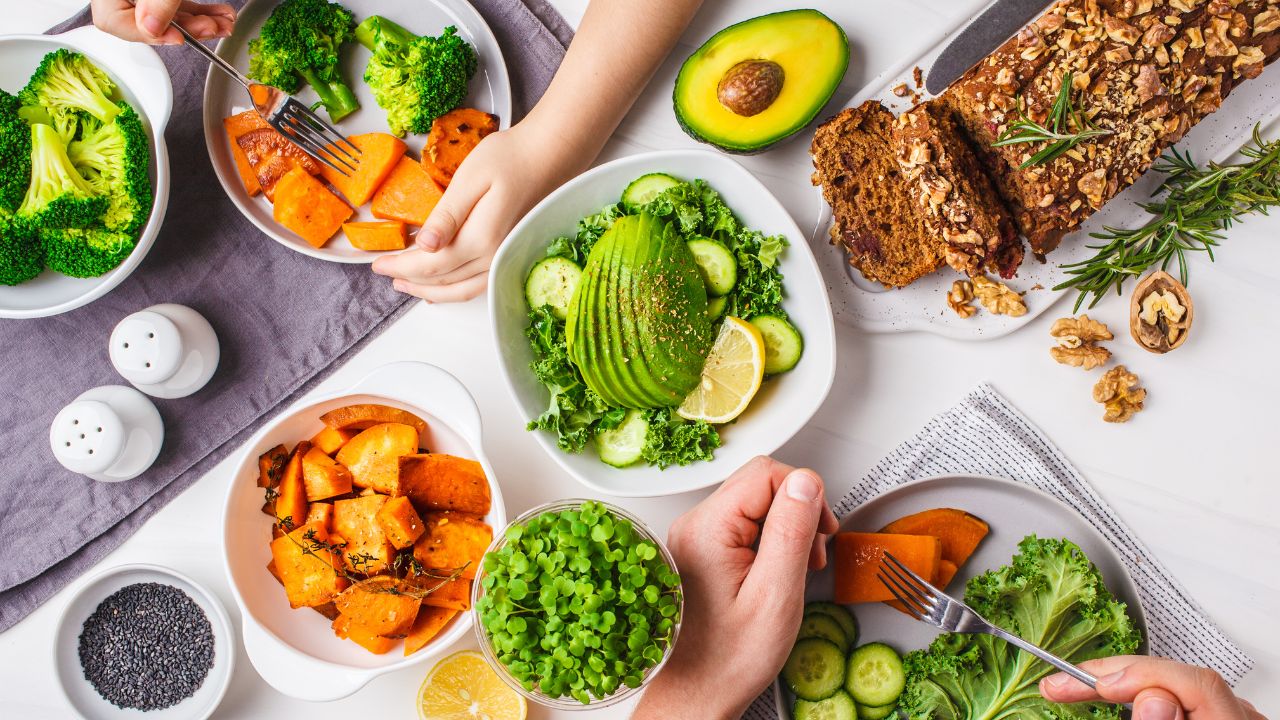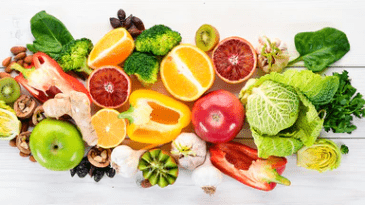- General
- Updated on November 8, 2025
The Rise of Plant-Based Diets in India: Is Veganism Going Mainstream?

Introduction
India has long been associated with vegetarianism, rooted deeply in cultural, religious, and ethical beliefs. Yet, in recent years, a new wave of dietary consciousness has emerged — the plant-based movement. Unlike traditional vegetarianism, plant-based eating focuses not just on avoiding meat but on embracing whole, unprocessed, and sustainable foods derived entirely from plants. With growing awareness about health, animal welfare, and the environment, many Indians are asking: Is veganism finally going mainstream?
Let’s explore how this global trend is reshaping the Indian food landscape — from bustling cities to small-town kitchens.
The Rise of Plant-Based Diets in India

1. From Vegetarian Roots to Modern Veganism
India’s relationship with plant-based eating isn’t new — about 30–40% of Indians already follow some form of vegetarian diet. But veganism takes things a step further by eliminating all animal-derived products, including dairy, honey, and even leather.
Interestingly, what was once seen as a Western trend is now finding resonance in India. Millennials and Gen Z, driven by ethical choices and health consciousness, are embracing vegan lifestyles. Social media influencers, wellness brands, and restaurants are amplifying this shift, making veganism not just a diet — but a movement.
2. Health Awareness Driving the Change
One of the biggest drivers behind this plant-based surge is health awareness. As more Indians face lifestyle diseases like diabetes, obesity, and heart issues, attention has turned toward food as medicine.
Plant-based diets are scientifically linked to:
- Lower cholesterol and blood pressure
- Improved digestion and gut health
- Better weight management
- Enhanced energy and longevity
The emphasis on whole grains, legumes, fruits, and vegetables aligns perfectly with India’s traditional food wisdom — think millets, lentils, and fresh produce. In many ways, modern veganism is reviving ancient Ayurvedic principles of balance and nourishment.
3. Environmental and Ethical Consciousness
The environmental cost of animal agriculture is becoming impossible to ignore. Reports show that livestock farming contributes significantly to greenhouse gas emissions, deforestation, and water usage.
As global temperatures rise, Indians are becoming increasingly aware of their ecological footprint. Choosing plant-based options is now viewed as an act of sustainability — a small but powerful step toward reducing climate impact.
Ethical concerns are also driving this shift. Documentaries, social campaigns, and vegan advocacy groups in India are shedding light on the conditions of factory farming, inspiring more compassionate choices among consumers.
4. The Indian Food Industry Embracing the Trend
The Indian food and hospitality sector has quickly adapted to the plant-based wave. Vegan cafes and restaurants are mushrooming in metro cities like Mumbai, Bengaluru, and Delhi. Popular chains like Starbucks and Domino’s have introduced vegan alternatives, while local brands are offering dairy-free milks, cheeses, and desserts.
Startups such as Goodmylk, Blue Tribe Foods, and Imagine Meats are redefining how Indians perceive “meat” and “milk.” Supermarkets now stock oat milk, tofu, vegan butter, and plant-based protein powders — products once unheard of in mainstream India.
Even traditional recipes are being reimagined — vegan paneer tikka, dairy-free kheer, and soy-based ghee are making waves on Instagram feeds and restaurant menus alike.
5. Challenges Facing Veganism in India
While the movement is gaining momentum, challenges remain. Accessibility and affordability are still major barriers, especially outside urban areas. Many plant-based products are imported, driving up prices.
Additionally, dairy is deeply woven into India’s cultural fabric — from religious rituals to daily chai. Convincing long-time consumers to let go of milk or ghee can be an emotional hurdle.
However, as awareness grows and domestic production of vegan alternatives expands, these obstacles are gradually being overcome. Education and availability will play a crucial role in the coming years.
6. The Role of Social Media and Influencers
The digital era has been a major catalyst in India’s vegan journey. Influencers, nutritionists, and chefs are using platforms like Instagram and YouTube to share recipes, fitness tips, and sustainable living ideas.
Vegan challenges, community events, and collaborations between eco-conscious brands have created an ecosystem of inspiration and accessibility. This online buzz has not only normalized veganism but also made it aspirational — particularly among younger audiences seeking purpose-driven lifestyles.
7. The Future: Is Veganism Here to Stay?
While veganism may still be a niche lifestyle in India, it’s undeniably growing — and fast. The future looks promising as plant-based products become more affordable, restaurants expand their menus, and consumers align their choices with health and sustainability.
Government initiatives promoting millet-based diets and sustainable agriculture further support this direction. As science continues to validate the benefits of plant-based living, and climate consciousness deepens, veganism could very well move from a trend to a new norm.
Also Read: Food Is Medicine: How Everyday Ingredients Can Heal Your Body Naturally
Conclusion
The rise of plant-based diets in India is not just about food — it’s about values. It’s a shift toward mindful eating, sustainability, and compassion. With its rich history of vegetarianism and abundance of plant-based ingredients, India is perfectly positioned to lead this global movement.
So, whether you’re exploring veganism for health, the planet, or ethical reasons, one thing is clear — the future of food in India is greener, cleaner, and more conscious than ever before.
Join the discussion
Related Articles
No results available
ResetTrending Articles


- General
- Updated on March 2, 2026


- General
- Updated on February 26, 2026


- General
- Updated on February 23, 2026


- General
- Updated on February 20, 2026


- General
- Updated on February 18, 2026


- General
- Updated on February 17, 2026


- General
- Updated on February 10, 2026


- General
- Updated on February 14, 2026


- General
- Updated on February 7, 2026


- General
- Updated on February 5, 2026
No results available
Reset


